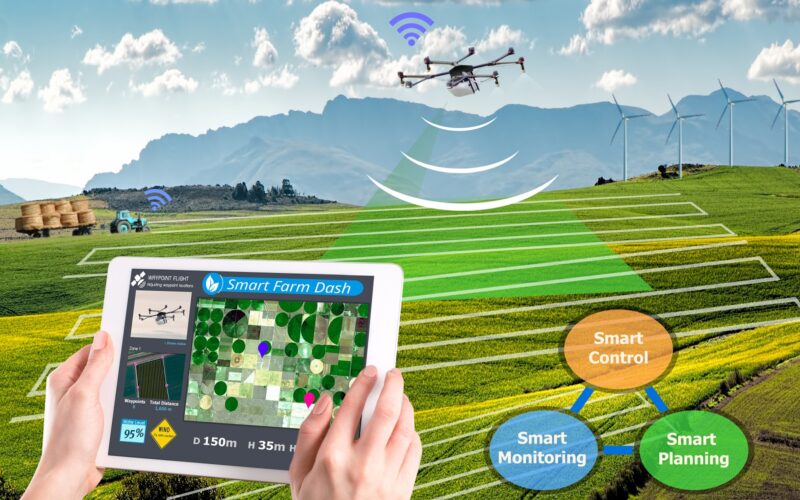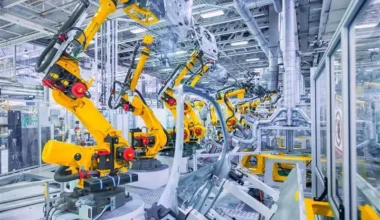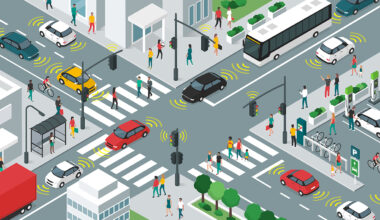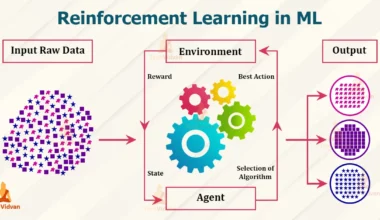Precision agriculture (PA) is a farming management methodology that uses information technology and sensors to collect and analyze data about crops, soil, and weather conditions. This data is then used to make more informed decisions about crop management, such as where to apply fertilizer, water, and pesticides.
PA has the potential to improve the sustainability of agriculture in a number of ways. First, it can help to reduce the use of agricultural inputs, such as fertilizer and pesticides. By using data to target these inputs more precisely, farmers can minimize the amount that is wasted. This can help to protect the environment and reduce the risk of water pollution.
Second, PA can help to improve crop yields. By making better decisions about crop management, farmers can ensure that their crops are getting the resources they need to thrive. This can lead to higher yields and increased profits.
Third, PA can help to make farms more resilient to climate change. By collecting data about weather patterns, farmers can better prepare for extreme weather events. This can help to protect crops from damage and reduce the risk of crop losses.
There are a number of different technologies that can be used for precision agriculture. Some of the most common technologies include:
- Remote sensing: This technology uses satellites or drones to collect data about crops, soil, and weather conditions.
- Global positioning systems (GPS): This technology is used to track the location of farm equipment and to guide the application of inputs.
- Yield monitors: These devices are used to measure crop yields, which can help farmers to identify areas of the field that are underperforming.
- Soil sensors: These devices are used to measure soil moisture, nutrient levels, and other soil properties.
The use of precision agriculture is growing rapidly. In the United States, for example, the adoption of precision agriculture technologies has increased by more than 50% in the past five years. This growth is being driven by a number of factors, including the increasing demand for food, the need to reduce the environmental impact of agriculture, and the development of new technologies that make precision agriculture more affordable and accessible.
There are a number of challenges that need to be addressed in order to fully realize the potential of precision agriculture. One challenge is the cost of these technologies. Precision agriculture technologies can be expensive, and this can be a barrier for some farmers. Another challenge is the lack of data. In order to make informed decisions, farmers need access to data about their crops, soil, and weather conditions. However, this data is not always available, and it can be difficult to collect and analyze.
Despite these challenges, precision agriculture has the potential to make a significant contribution to sustainable agriculture. By reducing the use of agricultural inputs, improving crop yields, and making farms more resilient to climate change, precision agriculture can help to protect the environment and ensure a sustainable food supply for the future.
Here are some additional benefits of precision agriculture:
- Increased profitability: By making better decisions about crop management, farmers can increase their yields and profits.
- Improved soil health: Precision agriculture can help to improve soil health by reducing the use of fertilizers and pesticides.
- Reduced environmental impact: Precision agriculture can help to reduce the environmental impact of agriculture by reducing water pollution and greenhouse gas emissions.
- Increased farm resilience: Precision agriculture can help to make farms more resilient to climate change by helping farmers to adapt to changing weather patterns.
If you are a farmer, you may be wondering how you can get started with precision agriculture. There are a number of resources available to help you, including:
- The Precision Ag Learning Center: This website provides a wealth of information about precision agriculture, including tutorials, case studies, and webinars.
- The National Center for Precision Agriculture: This organization provides technical assistance to farmers and other agricultural professionals who are interested in using precision agriculture technologies.
- The Precision Agriculture Technology Association: This trade association represents companies that sell precision agriculture technologies.
Precision agriculture is a rapidly growing field with the potential to revolutionize agriculture. By using these technologies, farmers can improve their yields, reduce their environmental impact, and make their farms more resilient to climate change.thumb_upthumb_downuploadGoogle itmore_vert












